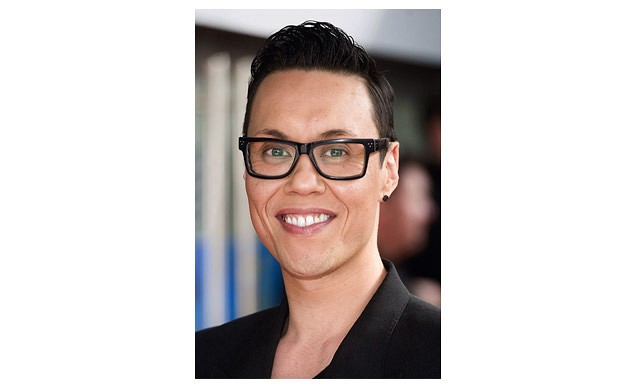I just re-watched this. It is still pertinent now, amazingly. I am proud of it. All 4 episodes are embedded here. This was pre Gok Wan!

One day I will write about the aftermath of this show and how the UK’s Chinese community lost its mind, complaining to OfCom in record numbers / phoning me up with death threats – resulting in me doing a gig with an armed police guard / an early day motion in The House of Commons being among the highlights – but for now, you can watch each episode with a brief deconstruction, written in 2015, of what is going on:
The Chinese (and other East Asians) were all but invisible in UK culture. Arguably they still are. Gok notwithstanding.
This satire was originally conceived by me as a 60 minute mockumentary but instead I was offered 5 x 3 minute slots to make my points. Thinking this was just a cunning ploy by Channel 4. which I could outwit, I held out for the original pitch, only to be soon informed that I had lost one of my 3 minute slots! So I accepted the 4 remaining slots, which were written in 2003, filmed around the corner from my house and broadcast Mon-Thu on the week of Chinese New Year in 2004 on C4, UK.
The two protagonists, who are called Jerry and George in a homage to Seinfeld (though we never learn their names), are as far from a Chinese stereotype as you can get. They speak in regional accents and show themselves to be stupid, ignorant and lecherous in the course of the series.
Ep 1. Plays with the fact that in the UK, Japanese and Chinese (and in fact East Asia in its entirely) are totally interchangeable and no one (not even the two protagonists) seem to make or care about the distinction. This confusion is played out when discussing the career of the one well-known East Asian actor, Burt Kwouk (who appears at the end), who is famous for playing Japanese characters even though he is Chinese. The fact that the BBC’s “The Chinese Detective” was so named is ridiculed and the point is made that this was so long ago (1980) that no one remembers it or David Yip the actor, who gamely also makes an appearance.
Ep 2. Addresses the idea that East Asian men are non sexually threatening or desirable, whereas East Asian women are considered a desirable conquest. How do these two contrasting stereotypes square the circle? The story of Miss Saigon is argued to be racist by one of the protagonists, and both meekly accept the stereotype that East Asian men have small penises. Bruce Lee gets a mention!
Ep 3. Addresses the UK’s (at that time) total ignorance that China are a world beating sporting nation and the irony that they are known only for (the non-masculine sport of) table tennis. Even though England’s record breaking rugby union try-scorer, Rory Underwood OBE (the customer who the protagonists ridicule and are surly towards) is half Chinese, this fact is almost unknown to the general public. Even amongst hard core sports fans, it is almost as if Rory’s Chineseness is whitewashed from his UK public image. He is still the record holder to this day, Dec 2015, yet I suspect the same response if you go out on the streets of UK and ask the question, “name a British Chinese sports star”. Bruce Lee gets another mention!
Ep 4. Examines the lack of relative power the Chinese (and by extension the entire East Asian) community has in relation to the UK’s other ethnic minority groups. A list of notorious instances of white actors blacking-up – in actual fact “Yellowing Up” – is named. Again, the point is made that the South Asian and black lobbies in the UK are so much more powerful than the Chinese lobby (if it even really exists) that recent racist portrayals of Chinese culture on TV would never have happened to any other culture. The series takes its satirical homage to Seinfeld to the max by stealing the idea that there is “a deal” which exists between the UK’s Chinese community and the UK itself, which is beneficial for everybody – but results in “The Chinese” being invisible. This idea lays the blame for the state of being invisible (or “missing”) on the Chinese community itself. Jerry & George are shown ripping off a white customer at the end and are happy with the status quo.
